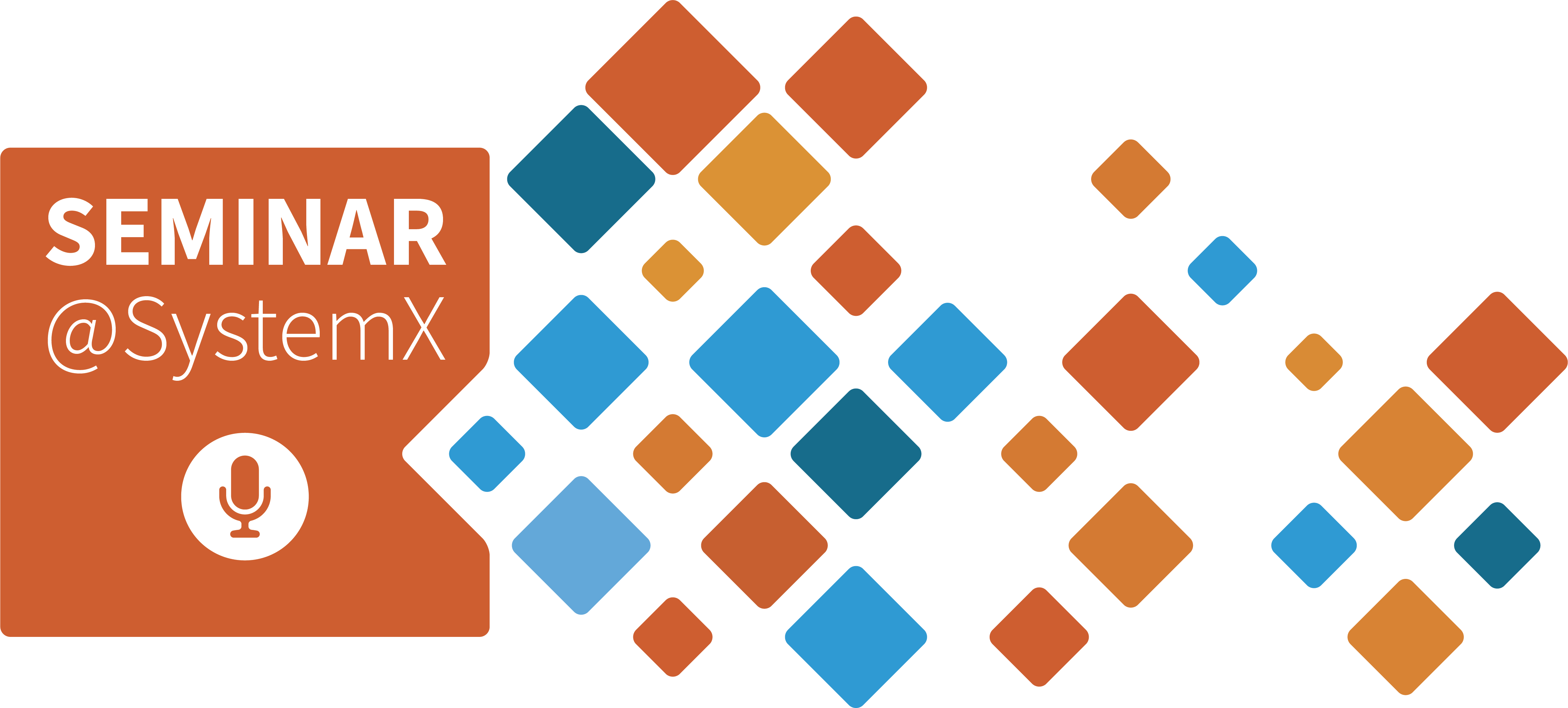SystemX is organising the Workshop “Complex Systemx and Cyber-Resilience – State-of-the-Art and Challenges“, at Nano-INNOV (Palaiseau), on October 6, 2023
About the event
With technological advances, cyber-physical systems, and specifically critical infrastructures, have become strongly connected.
Their exposure to cyber adversaries is higher than ever. The protection of such complex systems is of paramount importance. Resilience applied to critical systems aims at protecting these vital infrastructures from cyber-attacks and making them continue to deliver a certain level of performance, even when attacks are perpetrated.
This workshop is organized in the context of an exploratory research project launched by IRT SystemX on quantifying the resilience of critical systems, for which Romain Dagnas is the holder in collaboration with Michel Barbeau, Maxime Boutin, Joaquin Garcia-Alfaro and Reda Yaich.
Program
8:50am – 9:15am | Welcoming
9:15am – 9:30am | Introduction
Patrice Aknin, Scientific Director, IRT SystemX, France
Session 1 (Chair : Reda Yaich)
9:30am – 10:20am | Keynote #1
Robert Kooij, Senior scientist at TNO and professor at TU Delft, Netherlands
Cyber-Resilience of Critical Infrastructures
Our society nowadays depends critically on the proper functioning of a variety of critical infrastructures, such as the power grid, water distribution networks and transportation networks. The introduction of Information and Communication Technologies (ICT) in such systems has brought phenomenal opportunities for controlling and monitoring these networks, but it also made the networks vulnerable to cyber-attacks. Therefore, research and education in cyber resilience of critical infrastructures is an important matter. In this talk I will discuss research samples on the subject, from different perspectives. This includes monitoring and detection methods, the use of cyber-physical testbeds, digital twinning and the connection of the subject with network science.
10:20am – 10:50am | Testimony
Yvon Kermarrec, Professor of computer science at IMT Atlantique, France
Cyber-resilience of naval systems
From the ship’s bridge to the engine room and the port infrastructures, the functions of a modern ship use industrial systems and information systems to position itself, communicate, transmit orders to the machine or be informed of any anomaly on board and around. This digitization, a vector of performance, also increases the attack surface of the maritime world: the blocking of a port, the intrusion attempts, or the modification of a ship’s functionalities can have financial, human, technological and major environmental consequences. Cybersecurity is now a major concern in the maritime world.
In this presentation, I’ll present research issues, challenges and opportunities to address security in this specific context.
10:50am – 11:10am | Coffee break
Session 2 (Chair : Michel Barbeau)
11:10am – 11:45pm | Quantifying the resilience of complex systems
Romain Dagnas and Maxime Boutin, IRT SystemX, France
With technological advances, Cyber-Physical Systems (CPSs), specifically critical infrastructures, have become strongly connected. Their exposure to cyber adversaries is higher than ever. The number of cyber-attacks perpetrated against critical infrastructure is growing in number and sophistication. The protection of such complex systems is of paramount importance. Resilience applied to critical infrastructures aims at protecting these vital systems from cyber-attacks and making them continue to deliver a certain level of performance, even when attacks occur.
11:45pm – 12:30pm | Keynote #2
Suzan Bayhan, Assistant Professor, University of Twente, Netherlands
Resilience of Wireless Communication Networks: An Overview of the State-of-the-art and Potential Risks for Future Networks
Wireless communication technologies play a crucial role in efficient operation of critical infrastructures. Hence, ensuring their availability, high performance, and resilience is paramount. In this talk, I will first provide a brief overview of the resilience literature in wireless communication networks, in particular cellular networks, covering the resilience metrics, risks, and mechanisms developed for improving resilience. Next, I will introduce two approaches, namely multi-connectivity and national-roaming that can facilitate higher resilience for cellular networks. Finally, I will discuss potential risks that might emerge with the changes in the network architecture in next generation wireless networks (i.e., 5G and 6G) and operation at higher frequencies that is expected to gain more significance as a remedy to spectrum scarcity and increasing demand for high-data-rate applications.
12:30 pm – 1:30pm | Lunch break
Session 3 (Chair : Joaquin Garcia-Alfaro)
1:30pm – 2:15pm | Post-Quantum cyber-defense
Iain Burge, Research assistant, Carleton University, Ottawa, Canada
Quantum Predictive Modeling for Multi-Agent Systems with Application to Cyber-Physical Security
Determining good actions for agents in complex systems is often prohibitively computationally expensive for classical computers. In this talk, I develop the theory towards applying quantum computing to predictive modeling. The approach uses an extended version of Grover’s algorithm in combination with a unique quantum circuit design to model unistochastic processes. As a practical implementation for the framework, I model a 2D-grid environment with a defender and a goal for our agent, an attacker, to navigate. The attacker’s objective is to reach the goal while avoiding the defender. The solution has potential in a broad set of applications for quantum computing in the long term, including in games related to cyber-physical security.
2:15pm – 3:00pm | Keynote #3
Wolfgang Rohde, Director of Research, Digital Manufacturing, Siemens Digital Industries Software, USA
Global Self-Organizing Production Process – The Dress Rehearsal for Space
We are living in exciting times! Quantum Computing promises almost unlimited computing power. AI promises to find solutions where humans don’t see the forest because of all the trees. Ontologies promise universal, seamless, out-of-the-box communication between machines. And as a cherry on top, we are contemplating to start the conquest of space.
Sooo, what possibly can go wrong? Or better, if something goes wrong, how bad can it be?
Optimizing the entire production and delivery process demands reducing human involvement in the production process. The economic and sustainability mantra is automation and autonomy (Industry 4.0). In other words, we humans will be reduced to the role of initiator and recipient of the process. Everything else in between is either too fast or too complex for humans, except breaking in and messing it up.
Now, do we believe that human nature will change for the better once we become a space-faring species?
Session 4 (Chair : Romain Dagnas)
3:00pm – 3:45pm | Round table
The resilience of smart-infrastructures
Panelists :
- Suzan Bayhan (University of Twente)
- Romain Dagnas (IRT SystemX)
- Yvon Kermarrec (IMT Atlantique)
- Witold Klaudel (IRT SystemX)
- Robert Kooij (TNO, Deft University)
3:45pm – 4:00pm | Coffee break
Session 5 (Chair: Romain Dagnas)
4:00pm – 4:45pm | Resilience of Intelligent Transport
Elies Gherbi and Witold Klaudel, IRT SystemX, France
In today’s transportation solutions, autonomous driving and connected services play a crucial role. However, these services create new cyber-threats that need to be addressed. To tackle this issue, manufacturers are working towards enhancing the cyber-resilience of their solutions.
In our presentation, after a brief introduction to cyber-resilience in transportation, we focus on two aspects: a risk analysis method and the use of artificial intelligence for intrusion detection, both contributing to cyber-resilience. On the one hand we show that using our risk analysis method SCORE allows to obtain strong arguments for the optimality of chosen protection mechanisms. On the other hand, we highlight the challenges and opportunities of AI-based In-Vehicle
Intrusion Detection Systems adapted to constrained and embedded architectures of critical systems.
4:45pm – 5:30pm | Demos CyberLab and Conclusion
Registration
Billetterie Weezevent
Biographies
- Robert Kooij (Senior scientist at TNO and professor at TU Delft, Netherlands)
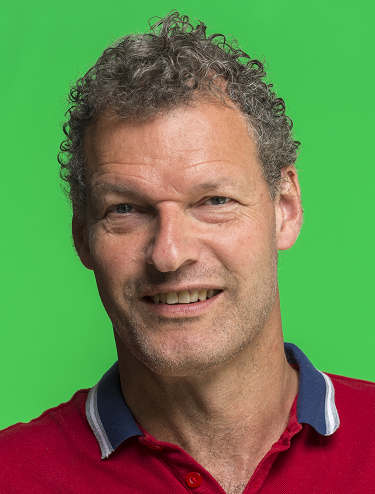 |
Robert Kooij has a background in mathematics: he received both his MSc and PhD degree cum laude at Delft University of Technology, in 1988 and 1993, respectively. From 1997 until 2003 he was employed at the research lab of KPN, the largest telecom operator in the Netherlands. From 2003 until 2018 he was employed at the ICT Unit of TNO, the Netherlands Organization of Applied Scientific Research. In 2011 he became principal scientist, conducting and managing research on Critical ICT Infrastructures. Since 2005 Robert is part-time affiliated with the Delft University of Technology, at the faculty of Electrical Engineering, Mathematics and Computer Science. Since 2010 he is a part-time full professor with the chair “Robustness of Complex Networks”. From 2018 until 2020 professor Kooij lived in Singapore, where he got a position as principal research scientist at the Singapore University of Technology and Design, working on a project related to cyber resilience for critical infrastructures. Currently he is the head of the department of Quantum and Computer Engineering (QCE) at Delft University of Technology. He is also part-time affiliated with the Cyber Security Technologies group at TNO. |
- Yvon Kermarrec (Professor of computer science at IMT Atlantique, France)
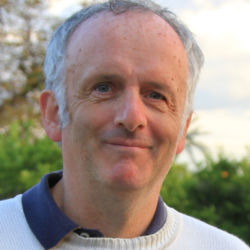 |
Yvon Kermarrec is Professor of Computer Science at IMT Atlantique and was a member of the IMT Atlantique Management Committee as Head of Department. He holds a PhD in computer science and a “habilitation à diriger les recherches”. His research and teaching activities focus on distributed systems, security, software engineering and software reliability. He was a researcher at the Courant Institute at New York University (NYU), and a software architect with Raytheon (Vancouver, BC) before joining Telecom ParisTech and then Télécom Bretagne as a teacher-researcher. |
- Maxime Boutin (Research engineer at IRT SystemX, France)
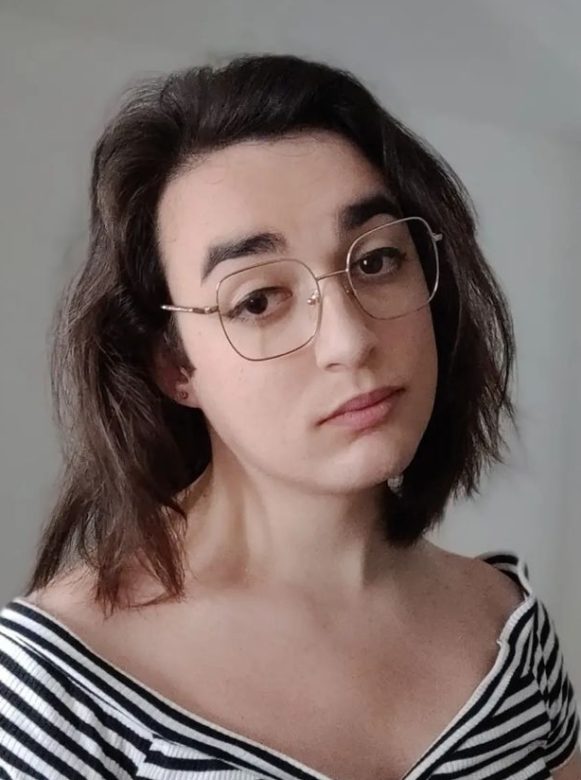 |
Maxime Boutin is a junior research engineer in cybersecurity. She received her engineering degree from ESISAR in 2023, a school of the Grenoble Institute of Technology, with a specialization in Computer Sciences, Networking and Cybersecurity. Following an internship at IRT SystemX where she worked on the cyber-resiliency of critical infrastructures, Maxime now contributes to several research projects, including the SEAMLESS and DYNAMO European projects. |
- Suzan Bayhan (Assistant Professor, University of Twente, Netherlands)
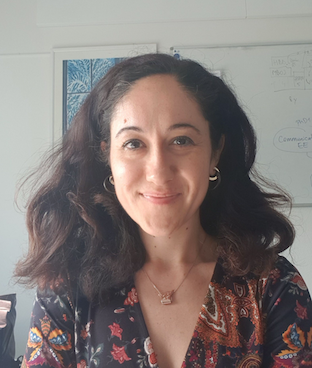 |
Suzan Bayhan is an assistant professor of computer science at the University of Twente (UT), The Netherlands. Her research interests include energy efficiency and resilience of wireless communication systems, resource management for cellular networks, and edge computing. She received her Ph.D. degree in computer engineering from Bogazici University in 2012 and worked at the University of Helsinki and TU Berlin as a researcher between 2012-2019. She received the best paper award at ACM ICN 2015, IEEE WoWMoM 2020, and IEEE INFOCOM 2020 best demo award. She served as a Mentoring Co-Chair of N2Women between 2017-18 and is a board member of 4TU Netherlands Institute for Research on ICT (NIRICT). |
- Iain Burge (Research assistant, Carleton University, Ottawa, Canada)
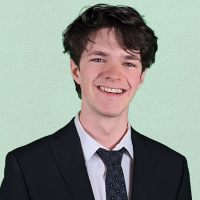 |
Iain Burge is a research assistant at Carleton University working in the emerging field of quantum explainable AI. He has an undergraduate degree in cognitive science with a concentration in computation and minor in mathematics. |
- Wolfgang Rohde (Director of Research, Digital Manufacturing, Siemens Digital Industries Software, USA)
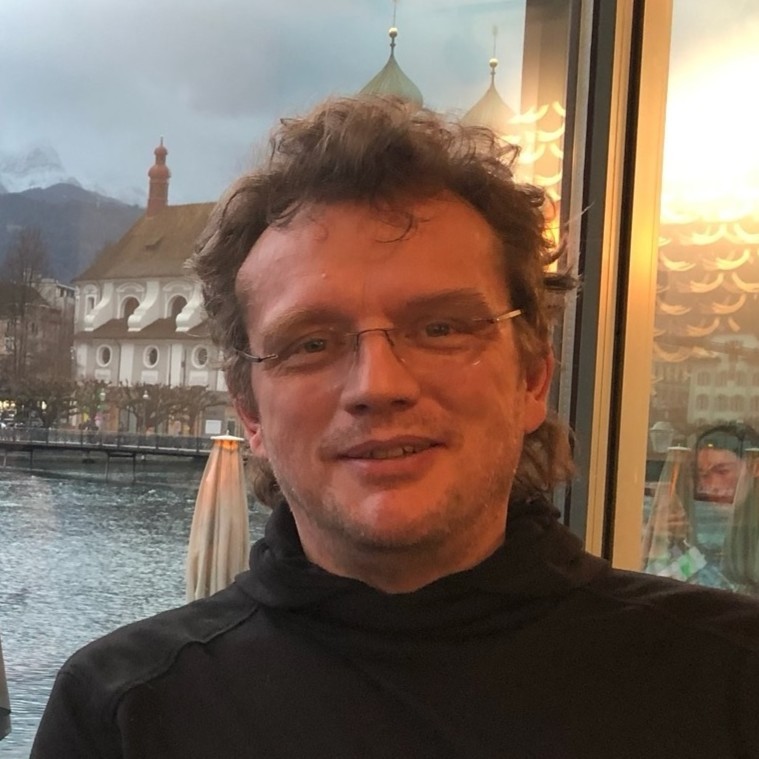 |
Dr. Wolfgang Rohde is the Director of Research, Digital Manufacturing for Siemens Digital Industries Software. Dr. Rohde skilled at driving inventive strategies and optimizing manufacturing operations for heightened efficiency and profitability. Acknowledged for consistently delivering outstanding results and fostering continuous enhancement across diverse sectors. Proficient in leading cross-functional teams to achieve company goals while upholding quality, safety, and compliance standards. |
- Elies Gherbi (Research engineer at IRT SystemX, France)
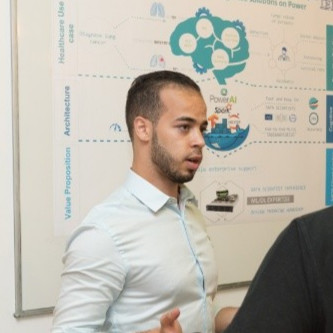 |
Elies Gherbi is a research engineer at IRT-SystemX, with expertise in utilizing AI for in-vehicle network Intrusion Detection Systems. He also applies causality to improve the interpretation of AI models. He has a Ph.D. in Artificial Intelligence from the University of Paris Saclay and a master’s degree in Machine Learning from the University of Paris Descartes. |
- Witold Klaudel (Expert in complex IT infrastructures and R&D project supervisor at IRT SystemX, France)
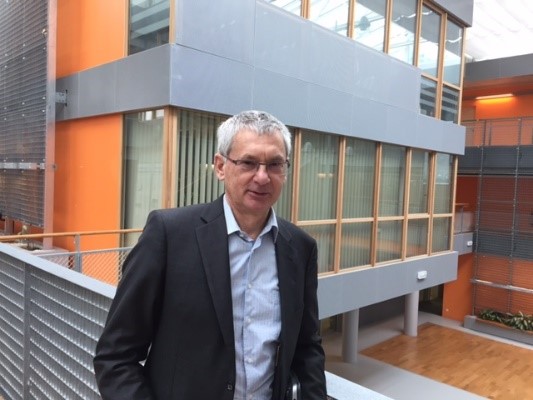 |
Witold Klaudel received his M.Eng in computer-aided manufacturing from Silesian University of Technology (Gliwice, Poland) and his PhD in computer science applied to industrial process modelling from Ecole Centrale Paris (France). He joined Renault Group in 1988, after 9 year of experience as an R&D engineer in computer aided engineering in the Institute of Inorganic Chemistry, (Gliwice, Poland). In 2021 we left Renault and created its own SME. Witold is an expert in complex IT infrastructures and R&D project supervision. He is particularly interested in modern computer architectures, security and communication technologies applied to critical environments. Witold led successfully teams of engineers in the international and French environments: Renault internal projects, Renault-Nissan collaborative projects, FP7 project and SystemX research projects. He was practicing an academic teaching in the field of distributed, safe and secure computing. He is also an author of scientific publications and patents. |
Organizers
- Romain Dagnas (Research-engineer, Palaiseau, IRT SystemX)
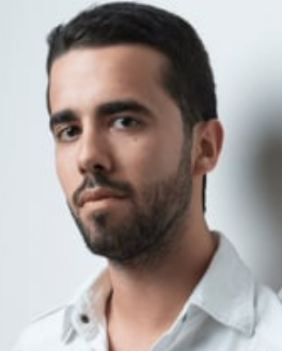 |
Romain Dagnas received the License degree in mathematics, computer sciences, and physical sciences from the Faculté des Sciences et Techniques de Limoges, France, in 2017, the master diploma degree in computer sciences from 3iL Ingénieurs, France, in 2019, and the master diploma degree in mathematics, cryptology, application coding from CRYPTIS, Faculté des Sciences et Techniques de Limoges, France, in 2019. He is currently a Research-Engineer of the Network and Cybersecurity team at the Technological Research Institute (IRT) SystemX, Palaiseau, France. He works on the PFS project (Ports du Futur Sécurisés), and he is the holder of an exploratory research project launched by SystemX on quantifying the resilience of critical infrastructures. He is currently doing a PhD on the resilience of complex systems. |
- Michel Barbeau (Professor and Interim Director, School of Computer Science, Carleton University, Ottawa, Canada)
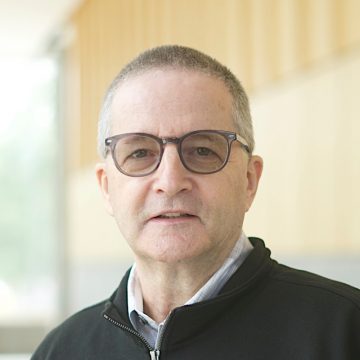 |
Dr. Barbeau received both his Master’s and Ph.D. from Universite de Montreal. He then returned to Universite de Sherbrooke, where he had completed his undergraduate degree in Computer Science in 1985, to join the faculty as a professor. Teaching at Universite de Sherbrooke from 1991 to 1999, Dr. Barbeau spent his last academic year as a visiting researcher at the University of Aizu, Japan. He joined the School of Computer Science at Carleton University in 2000.Dr. Barbeau’s research specializes in non classical wireless networks. His current research has involved developing an acoustic network for underwater communication to aid in water based surveillance in areas ranging from coastal navigation to environmental monitoring. Working alongside a team of undergraduate, master’s and doctoral students, Dr. Barbeau is testing ways to use mechanical vibrations to send encoded messages between underwater nodes. His team has worked to find ways to deal with challenges like multipath propagation of underwater acoustic waves – when signals are received by more than one path – influenced by reflection at sea surface and seabed, and refraction due to factors like water temperature, depth and surface waves, among other. His team tested their prototype in Ottawa’s Rideau Canal.
|
- Joaquin Garcia-Alfaro (Professor, Institut Polytechnique de Paris, Télécom SudParis, Palaiseau, France)
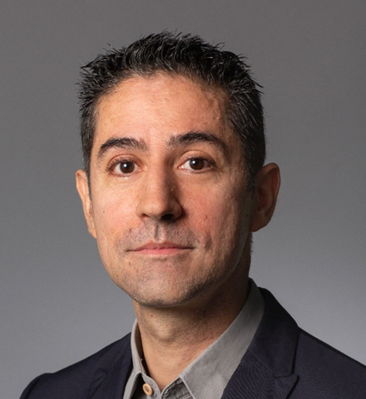 |
Joaquin Garcia-Alfaro received a Bachelor, a Master’s and a Ph.D. degree from the Universititat Autònoma de Barcelona (UAB), in collaboration with the University of Rennes and ENST Bretagne (IMT Atlantique). He holds a research Habilitation from Sorbonne Université (Pierre-et-Marie-Curie, faculté des sciences), two engineering awards from UAB, and a doctoral fellowship award from the “la Caixa” savings bank foundation. He is professor and research team leader at Télécom SudParis, SAMOVAR research lab, at Institut Polytechnique de Paris. His work relates to cybersecurity topics, with a special emphasis on adversarial modeling and enforcement of countermeasures. Results are mainly grounded on the use of algorithms, cryptography, formal methods, graph theory and probabilities. |
- Reda Yaich (Senior researcher, lead team of the cybersecurity and networks team, IRT SystemX)
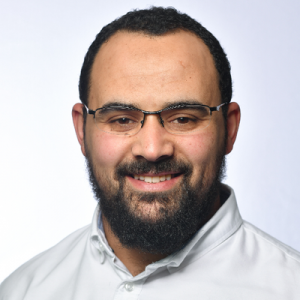 |
Reda Yaich is a senior researcher and Cyberseurity Team Leader at IRT SystemX. Reda holds as Phd in Computer Science from the ENS Mines of Saint-Etienne with a focus on Trust Management using Artificial Intelligence technologies. He served as lecturer and/or research assistant in several universities (e.g. University of Saint-Etienne, University of Lyon) and engineering schools (ENS Mines Saint-Etienne, Telecom Bretagne, IMT Atlantique, ENSIBS, Telecom SudParis). Reda has several publications in journals and conferences related to Decentralised Access authorisation and Digital Trust Management. He has also participated in numerous national (e.g. ANR FAROS, PIA IDOLE, Web Intelligence, WinPIC, etc.) and European projects (e.g. H2020 SeCoIIA, H2020 SUPERCLOUD, COST Action AT). |
Practical Information
Adress: Nano-INNOV, 2 Boulevard Thomas Gobert, 91120 Palaiseau

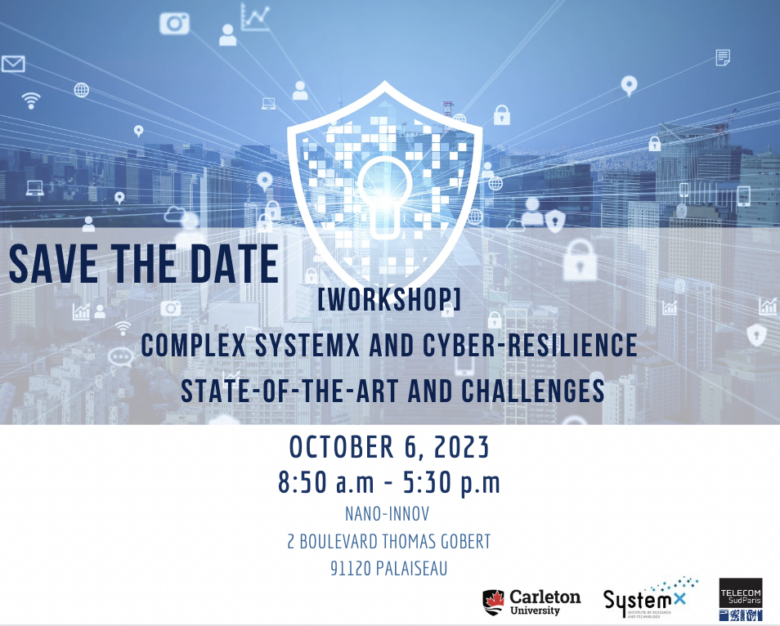
![[Save the Date] Workshop Cockpit Studio Lab](https://www.irt-systemx.fr/wp-content/uploads/2024/07/STD-CSL-VDEF.png)
